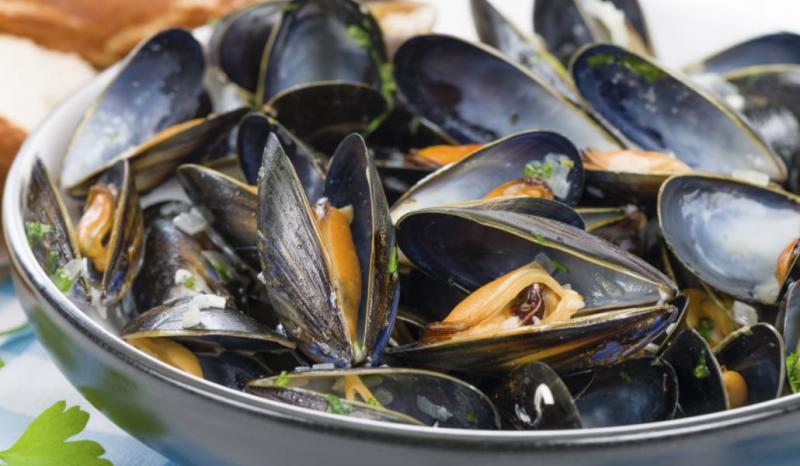
The Valencian 'clochina' is considered the finest mussel in Spain.... so what do we know about this mollusc? What sets it apart from the other varieties? Are Valencian Clóchinas better than traditional mussels from Galicia, Cataluña, Scotland or even any other part of the Northern hemisphere?
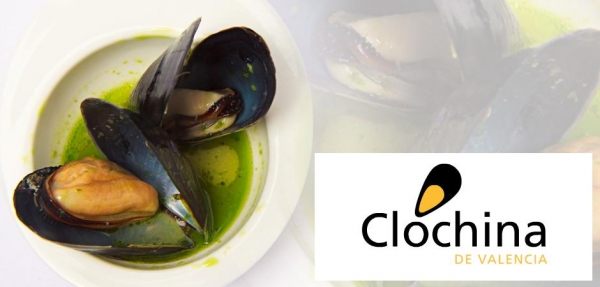
Three difficult questions to answer but let's concentrate on the latter of them. Are they better?
The Valencian clóchina is a true delicacy, superior in taste and organoleptic qualities to its Galician, Catalan or even Scottish cousins. That said they are extremely scarce and highly localised in both region and season. The main difference in flavour is due to the breeding ground being in the Mediterranean sea which is saltier than other harvesting regions such as Galicia or Scotland. Quality control and technique also plays an important role. Modern cultivation of the Clóchina dates from the late nineteenth century and it all began on two mussel rafts positioned in the very same port of Valencia as we see today. The rafts in those days collected about 35,000 kilos during the season but the popularity of the Clóchina with Valencian families meant mussel rafts were increased until they reached the twenty-two they are today. The inexorable growth of the port forced them to move to the outer harbour, finding even better waters with a calm current that kept the breeding ground clean while at the same time did not disturb the mussels. For farming Clóchinas they have always used old barges, these were the basic supports from which structures were built to hang the special breeding ropes, a technique that has been passed from father to son for over a hundred years.
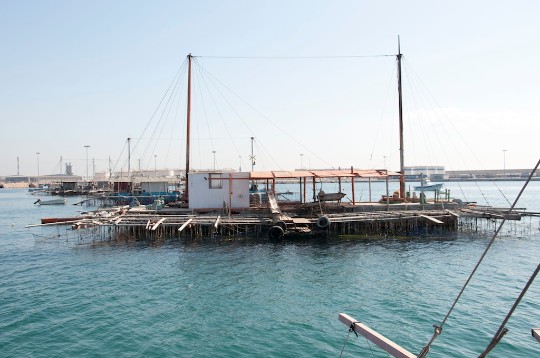

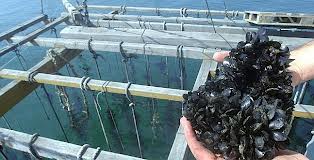 The Clochina farmers share a similarity with normal crop farmers, so much so that their work shares similar terminology to that used in the field; they 'plant the seeds (when they tie the baby molluscs to the breading rope with netting) and 'harvest the barge' (when they pull in the fully grown mussels). However, it is the lunar calendar that governs the whole process which is from the full moon of April all through to the waning moon of August.
The Clochina farmers share a similarity with normal crop farmers, so much so that their work shares similar terminology to that used in the field; they 'plant the seeds (when they tie the baby molluscs to the breading rope with netting) and 'harvest the barge' (when they pull in the fully grown mussels). However, it is the lunar calendar that governs the whole process which is from the full moon of April all through to the waning moon of August.
Its production or harvesting is limited to the period from May through to August (The Clóchina farmers always make reference to their season as the months without an 'R'), so any other product that is offered at different times of the year will be Galician mussel, French or Catalan, but never Valencian Clóchina. Luckily we have just entered the season for Clóchinas and now would be an ideal opportunity to try them if you have the chance, I highly recommend them. They are wonderful as a starter for almost any meal and so simple to prepare. Not only are they far superior in taste but their texture and colour are also different to other mussels. The Clóchina is slightly paler in colour and much more tender than normal mussels, so you need to be careful as they are fairly easy to overcook.
HOW TO PREPARE CLOCHINAS:
To prepare Clóchinas all you need to do is to clean them by removing any debris hanging from the shell, scrub and rinse with cold water, so they are nice and clean. The traditional way is to place some extra virgin olive oil in a deep frying pan with a couple of rosemary leaves a teaspoon of peppercorns then pop in the mussels. Heat them on high heat and cover them with the lid of the pan until all the mussels have opened, shaking the pan from time to time, then serve with a slice of lemon. Alternatively, you can pop in a squeezed lemon quarter with the rosemary so the mussels cook in the lemon juice, although this sometimes overpowers the flavour if you use too much, so be careful. Other alternatives are to add two crushed garlic cloves, a little chopped parsley and a tablespoon of dry white wine, absolutely fantastic.
Valencian Clochina mussels release an intense salty stock that is bursting with flavour and impossible not to soak up with some lovely crusty bread.
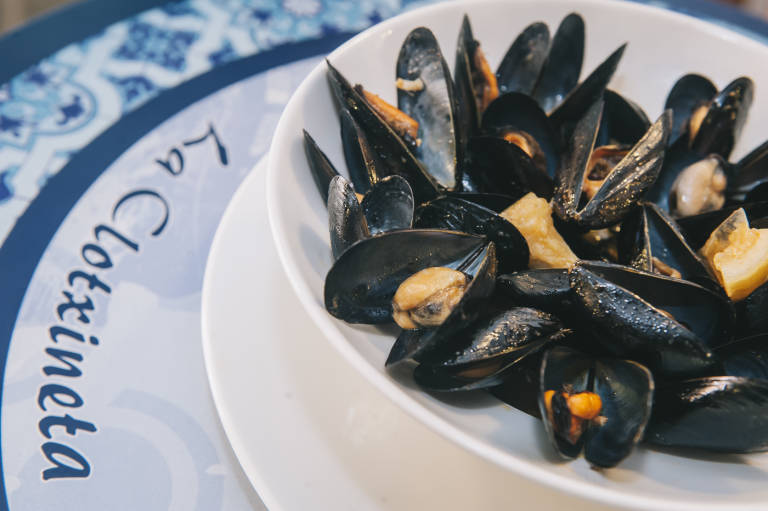
Enjoy!